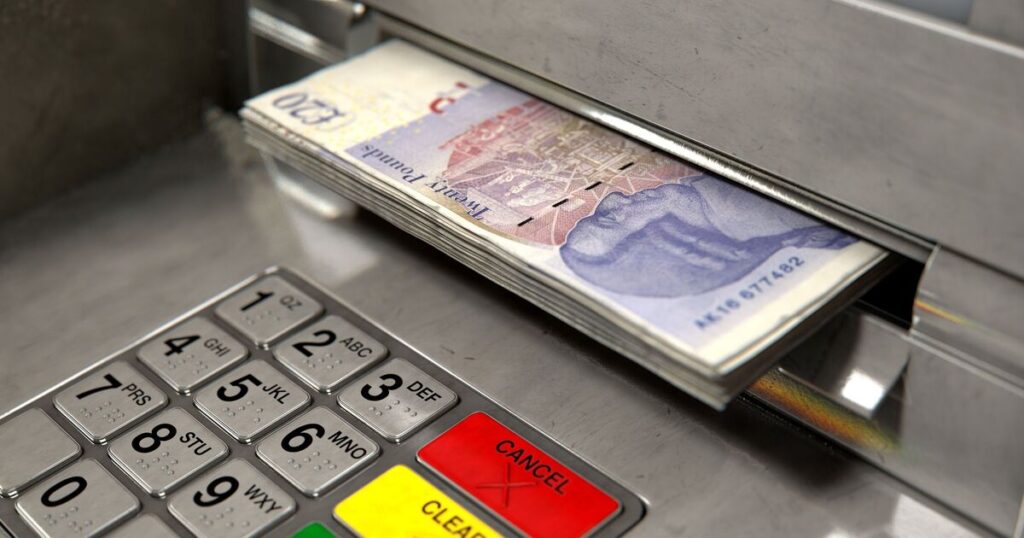
State pensioners are set to receive up to £921 from the Department for Work and Pensions (DWP) earlier than normal this week thanks to the May bank holiday. May is bookended by two bank holidays, the first of which will fall on Monday, May 5, with the second coming at the end of the month on Monday, May 26.
The bank holidays not only mean a bonus day off work for many people, but it also means a change in payment dates for those receiving certain benefits from the DWP – including the State Pension. State Pension payments are usually made by the DWP every four weeks and the specific day of the week that payments fall is dependant on your National Insurance number. When a payment date falls on a weekend or a bank holiday, the DWP normally sends payments one working day before and as two bank holidays will fall in May, it means State Pension claimants may get their money slightly earlier than usual. Pensioners who are expecting a payment on Monday, May 5, will instead receive it this week on Friday, May 2, and those who are due to get a payment on Monday, May 26, will instead receive it early on Friday, May 23.
Pensioners can determine their usual State Pension payment day by looking for the two-digit code at the end of their National Insurance number, as this specifies the date on which payments are normally issued. This is how National Insurance numbers correspond to payment days:
- 00 to 19 – paid on Monday
- 20 to 39 – paid on Tuesday
- 40 to 59 – paid on Wednesday
- 60 to 79 – paid on Thursday
- 80 to 99 – paid on Friday
So if your National Insurance number ends in 00 to 19 it means your usual payment normally falls on a Monday. As such, this may correspond with the May bank holiday dates and if so, you will be paid earlier than normal on the earliest working day before – which is a Friday.
If your State Pension payment date is changing this month you don’t need to do anything as your money will be paid straight into your usual bank, building society or credit union account.
The DWP explains: “Benefits are usually paid straight into your bank, building society or credit union account. If your payment date is on a weekend or a bank holiday you’ll usually be paid on the working day before.”
The State Pension increased by 4.1% from April 7, in line with the annual increase in the Average Weekly Earnings index for May to July 2024, which means pensioners will now benefit from the new payment rates.
As the State Pension system is split into two schemes – basic and new – the amount pension payments will increase this month will depend on when you retired.
Men born before April 6, 1951, and women born before April 6, 1953, receive the basic State Pension, which has increased from £169.50 per week to £176.45 if you get the full rate. The State Pension is paid every four weeks, so pensioners on the basic State Pension who get the full rate will get £705.80 per month.
Men born on or after April 6, 1951, and women born on or after April 6, 1953, get the new State Pension, which has increased from £221.20 per week to £230.25 if you get the full rate. Those on this pension who get the full rate will get £921 per month.
 Latest World Breaking News Online News Portal
Latest World Breaking News Online News Portal






